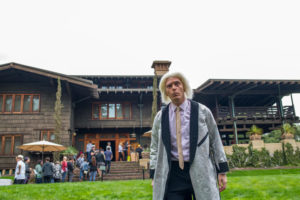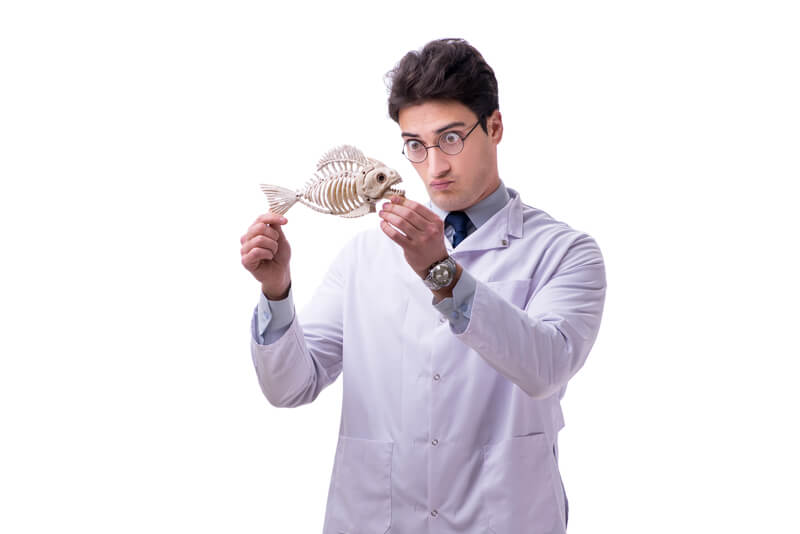Not all of us (probably none of us) could build a time machine out of a DeLorean—not even if we tried using another car like an old Mustang or Prius.
We wouldn’t even know where to begin.
Maybe someone has (or eventually will) believers in the Mandela effect suggest, either now or in the future.
Amateur science

Doc Brown, a time-machine-building character in the Back to the Future movies, made the idea of being an independent or amateur scientist so compelling.
So do high school science teachers who are great at their jobs.
On several occasions, my high school biology teacher, Mr. McCurdy, pointed out things science didn’t yet know. The implicit suggestion was someone would have to find the answers and that was exciting.
An amateur scientist is independent. He or she has the freedom to unravel the mysteries of the universe one strand at a time. They’re not beholden to a university administration, a business demanding specific work, or anyone or anything that might stifle his curiosity.
Fantasy meets reality
Unfortunately, while one might have the brains and desire to be a professional scientist, one also has to have capital. Some fields of science are expensive to pursue.
If one of those fields is where your career interests lie; if you can’t stand the idea of just pursuing your interests part-time, or if you need to get regularly paid, that’s where you end up working. That’s why most scientists end up working for the government and industry.
People who really love science and the scientific process (but not necessarily the politics, writing and publishing, and the other work conditions that go along with such a career) are therefore inclined to pursue a hobby in amateur science. They are then limited to study in specific areas that don’t require so much capital outlay.
Experimental physics a la Doc Brown is off the table due to the problems with capital. Time travel is likely to require some expensive equipment. Nevertheless, when you look at real-world history, citizen scientists have delivered. They’ve made breakthroughs in astronomy, infectious disease, and other areas that rely heavily on making observations and collecting like paleontology, ornithology, and marine biology.
Good things about being an amateur scientist
Professional researchers are told what to research. They’re limited by grants. They have to live where their institution is located. There’s no chance to build a business, at least out of the gate at the beginning of a career as a researcher. They do what they want and don’t have to answer to a boss. Contending with the environment in academia always has been a challenge.
Amateur scientists work in areas where observations matter. They find animals and bugs that haven’t been recorded before or are presumed to be extinct, they record comets and make notes about exercise programs. They don’t usually have the funding to conduct foolproof definitive studies but many in various scientific communities say that they couldn’t do what they do without them. In that sense, science wouldn’t be as far along as it is without contributions from amateur scientists.
Understanding how you sleep best is an area that’s ripe for personal exploration; observations count in this area too. The equipment needed for personal sleep research is minimal and understanding it can pay huge dividends.
Which pillow gives me the best night’s rest?
How does putting my smartphone down two hours before I go to bed improve my rest?
What’s the best bedtime routine for me?
When it comes to life in the physical world, the scientific process is the best way to uncover the truth. If that’s what motivates you, you don’t always need to work for a deep-pocketed institution to find it—you can simply work for yourself.
For further reading
Shawn Carlson’s Lab Rats (introducing kids to the scientific process)
The Great Backyard Bird Count (opportunity for amateur science)
How a guy from a Montana trailer park overturned 150 years of biology (amateur scientist)
William Whitty Hall: the man who, for a time, changed how America slept.
How to make sense of deja vu in 3 steps.
James Cobb, RN, MSN, is an emergency department nurse and the founder of the Dream Recovery System. His goal is to provide his readers with simple, actionable ways to improve their health and maximize their quality of life.
We use some affiliate links. If you click on a link, we may receive a commission, but there’s no effect on our opinion.
